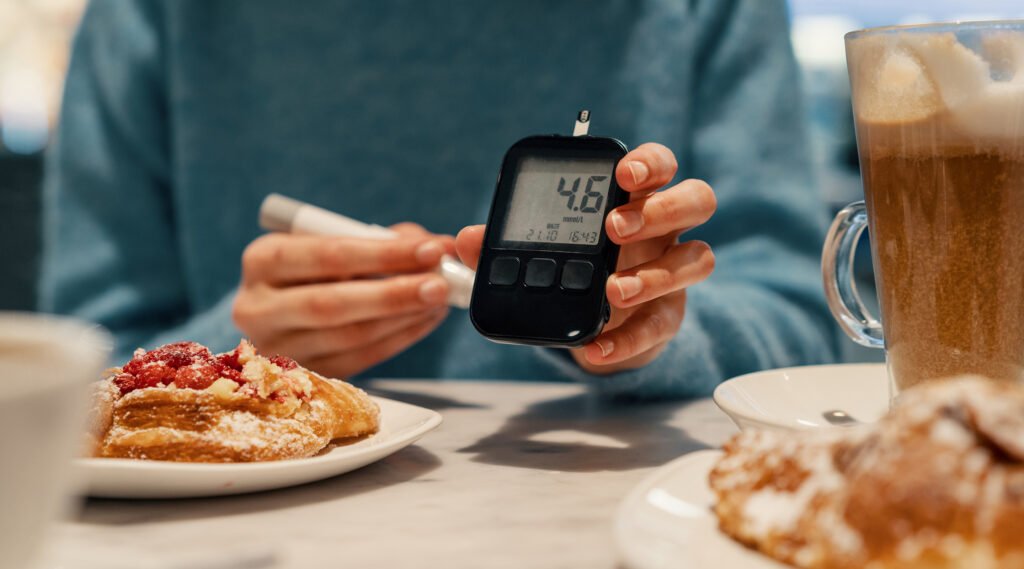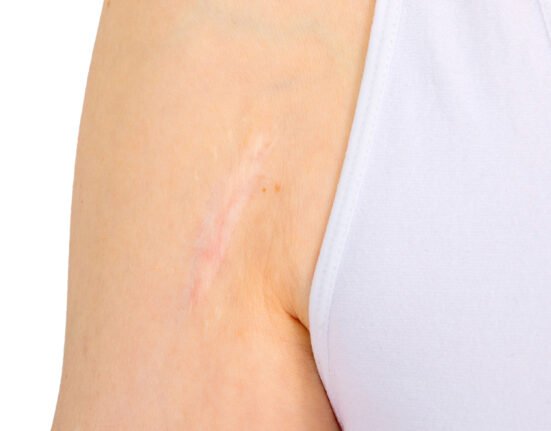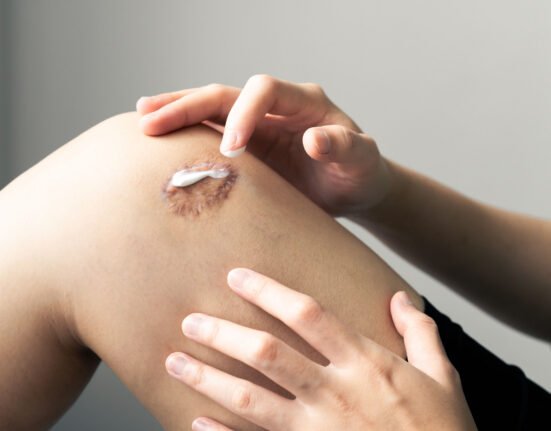We often worry about high blood sugar levels, but don’t forget, blood sugar that drops too low can also be dangerous.
This condition is called hypoglycemia, and it can happen anytime, especially if you have diabetes or are taking certain medications.
What Is Hypoglycemia?

Hypoglycemia occurs when blood sugar levels drop sharply, usually below 70 mg/dL. In more severe cases, it can drop below 50 mg/dL.
Glucose is the primary source of energy for the body. Without sufficient amounts, vital organs—especially the brain—may not function properly.
As a result, a person may feel dizzy, shaky, tired, have trouble concentrating, or even faint or have seizures.
Common Causes of Low Blood Sugar
Although hypoglycemia is more common in people with diabetes, it can happen to anyone. Common causes include:
- Taking too much insulin or other diabetes medications
- Skipping meals or not eating enough
- Exercising intensely without proper food intake
- Drinking alcohol, especially on an empty stomach
People with diabetes must be extra careful. Using the wrong type or dose of insulin—or injecting it improperly—can cause a drastic drop in blood sugar.
Read more: https://gwswellness.com/health/foods-to-limit-if-you-have-diabetes/
Warning Signs of Hypoglycemia
If you or someone around you starts experiencing symptoms like:
- Weakness or trembling
- Cold sweats
- Trouble thinking clearly
- Dizziness or headache
- Rapid heartbeat
… check blood sugar levels immediately.
What to Do?
If your blood sugar is confirmed to be low (below 70 mg/dL), follow the 15-15 rule:
- Consume 15 grams of fast-acting carbohydrates.
For example: 3–4 glucose tablets, half a glass of fruit juice, or one tablespoon of sugar or honey. - Wait 15 minutes, then recheck your blood sugar.
- If it’s still low, repeat step 1.
Once your blood sugar is back to normal, but your next meal is still far off, have a small snack that contains both carbohydrates and protein, such as a slice of bread with peanut butter or crackers with cheese, to help maintain stable blood sugar levels.
How to Prevent Hypoglycemia
These healthy habits can help:
- Never skip meals
- Always carry a sweet snack when going out
- Check your blood sugar regularly
- Review your medication and insulin routine with your doctor
- Avoid excessive alcohol, especially on an empty stomach
Remember: hypoglycemia isn’t just about “low sugar”. It’s a serious signal that your body is running low on energy.
Recognize the signs, take fast action, and maintain good eating and medication habits to stay safe and healthy.
References
Hopkins Medicine. Accessed in 2025. Hypoglycemia (Low Blood Sugar)
Medical News Today. Accessed in 2025. Low blood sugar: What level is considered dangerous?














Leave feedback about this